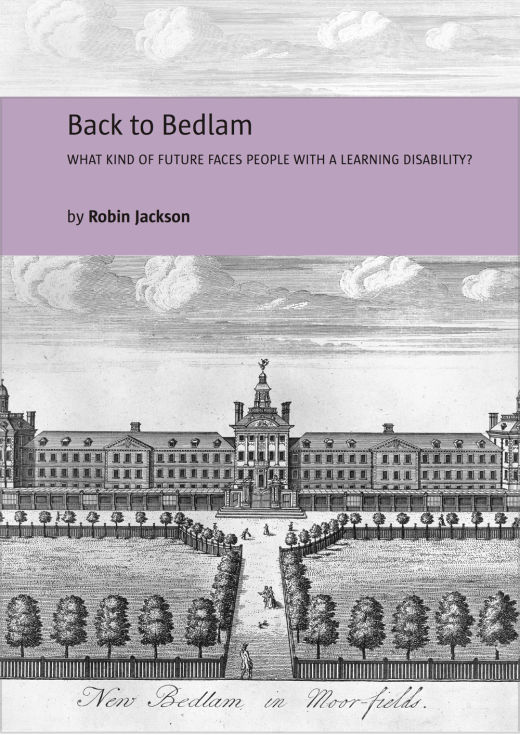The Centre for Welfare Reform has published a major review of public policy for people with a learning disability by the distinguished academic and researcher Robin Jackson.
Jackson argues that policy in the UK is tipping backwards to an era of institutionalisation and of disregard for the human rights and basic dignity of people with a learning disability.
Decades of slow progress, led by families, disabled people and their allies, is now in reverse as local government and the NHS increasingly rely on institutional services, often provided by large, private-sector corporations, with no commitment to human rights. This decline in public policy has been accelerated by austerity which has led to cuts in support and income that puts the UK in breach of international standards. These policies have been imposed without any significant accountability or discussion.
- Ministerial leadership has been progressively watered down. Since 2010 there have been 6 ministers for disabled people: each inexperienced and inept, lasting no more than a year in their post.
- Austerity has targeted disabled people for cuts in income and support; yet the Government's response to their severe criticism by the United Nations has been arrogant and confused denial.
- Talk of funding reform in social care has proved mere talk, while cuts to social care have been very real indeed. Some statutory bodies have begun invest in institutional solutions, rejecting the right to independent living that is defined by the UN's Convention on the Rights of Persons with Disabilities.
- The regulator of health and social care, CQC, is out of its depth, completely unable to safeguard standards or to identify the abuse which is too often found in institutional care settings.
- Too many charities have become passive, unwilling to speak out or criticise government,too dependent on funding or too eager to win contracts to provide services for the government. Advocacy bodies are likewise to dependent on local funding and unwilling to criticise the organisations that fund them. Independent academic research has become weaker as the research agenda is increasingly defined by government itself
The report makes a series of important recommendations:
- The government should promote and ensure the full realisation of all human rights and fundamental freedoms for all persons with disabilities which are set out in the UN Convention on the Rights of Persons with Disabilities.
- The government should accord an equivalence of regard to a Ministry of Disability as to any other government department.
- Charities representing people with a learning disability should be more assertive and challenge government policy when and where it is seen to be disadvantageous to people with a learning disability and their families.
- Charities should avoid any arrangements with government agencies that have the potential of threatening their operational independence and functioning.
- Advocacy services representing people with a learning disability should be financially resourced from central government and be given the freedom to operate free of external interference.
- Social care should be treated separately from the National Health Service in order to safeguard its professional integrity and ensure access to adequate financial resources.
- A new regulatory body for social services should be established to replace the ineffective and discredited Care Quality Commission.
- The practice of successive governments outsourcing social care provision to large companies should cease.
- The government should encourage local authorities, charities and private providers to explore and develop a new range of day and residential services for people with a learning disability.
- The government should closely monitor the introduction of technological developments within the social and health services which have the potential to threaten the wellbeing of people with a learning disability.
Robin Jackson, the author of the report, said:
"My fear is that the current pursuit of the policy of austerity when combined with the likely negative consequences of Brexit will set in train an irreversible process that will adversely affect all people with a learning disability and their families. If something is going to be done to reverse this process then it needs to be done very soon as time is fast running out."
Dr Simon Duffy, Director of the Centre for Welfare Reform, said:
"The UK political system and the charitable and academic sectors are failing people with a learning disability. Along with other disabled people, people with a learning disability have become a target for politically inspired injustice and there is no accountability in the current system. The failure of the charitable sector is particularly concerning, for they are perceived to represent the interests of people with a learning disability to the general public. If the sector speaks no evil, then ordinary members of the public will hear no evil."
Read and download the free pdf here.

